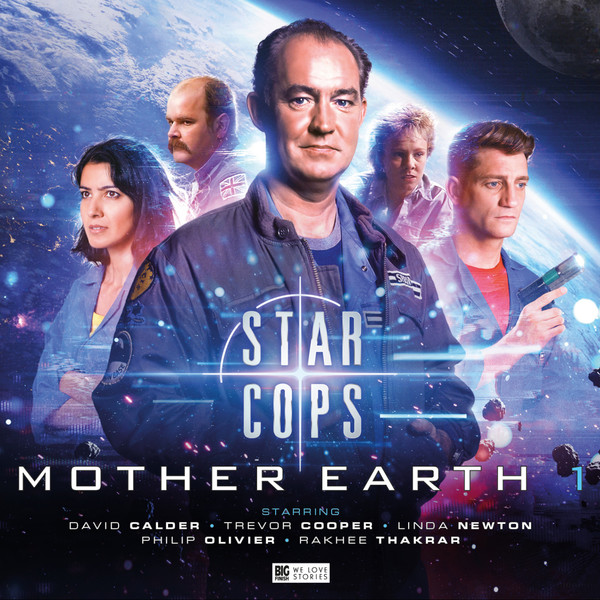Some points raised by our resident Brazilian, answered by the " Britisher" which I guess is me.
Firstly extremely interesting point you raised about Devis maybe acting juvenile because of the environment, closed claustrophobic etc. People may go nuts confined to the Moon. Remember that when you review the next episode, which i admit is a bit dull, a sort of bottle episode about the effects of this lunar life on the characters.
Back to this one; I'm not sure talk of abortion is appropriate.
Were the embryos aborted or kept in storage for future use? The latter I think.
It is alluded that Madam Asadi couldn't conceive on Earth, but in one sixth gravity the chances improved, so the ova were removed from her, impregnated artificially from a donor and stored in a refrigerator. It wasn't stated but presumably she was on the Moon to have the embryos re-implanted. Anyway I found Asadi so unlikeable that I'm sorry all her embryos weren't destroyed. The destruction of them by Albi Teal was as climactic as it could have been frankly. As Colin said, they were just tadpoles, you dip them in acid ,job done. The casualness of it made Asadi realise that he was serious about destroying them without a seconds remorse.
Albi motive of course was revenge for Madam Asadi assassinating his father, Cyrus Teal, who tried to run off with her money she gave him for cell replication research.
Bannerman knew nothing of Albi, but the reverse certainty wasn't true, perhaps Cyrus Teal had poisoned Albi's mind when a youngster, about his deserting mother and brother.
Chris Boucher, the show's creator apparently disapproved of Anna Shoun being a regular character, but I thought she was a nice addition. June this year, 31 years after the series, a second series , on audio, produced by Big Finish productions, who've done about 200, yes 200!!, Dr Who audio dramas, will be released. Nathan, Kenzy and Devis all return played by the original actors, sadly Erik Ray Evans died, so no Theroux, and no Anna Shoun either, Boucher is sticking to his guns about the character.
I'll give this one,
8/10




